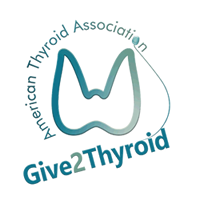BACKGROUND
Hypothyroidism is a common medical condition which causes deficiency or low level of thyroid hormone. Patients with hypothyroidism are treated by taking thyroid hormone pills on a daily basis. The majority of patients with hypothyroidism take a synthetic form of thyroid hormone called Levothyroxine. Levothyroxine structure is identical to T4, the main hormone secreted into the blood by the thyroid gland.
The dose of the Levothyroxine for any individual patient is different; the best dose should be able to keep the level of thyroid hormone tests (T4 and TSH) within the normal range and help to improve the symptoms of hypothyroidism. However, many patients with hypothyroidism do not take the right dose and are either over-treated or undertreated. Over-treatment may cause irregular heart beats and bone loss in elderly and under-treatment may cause symptoms like weight gain, fatigue as well as other serious health issues like higher cholesterol level, and in severe cases heart problems and even death.
In this study, the authors evaluated the effect of sex, age and body weight on the blood level of thyroid hormone in patients taking Levothyroxine.
THE FULL ARTICLE TITLE:
Younis IR et al 2018 Stable isotope pharmacokinetic studies provide insight into effects of age, sex, and weight on levothyroxine metabolism. Thyroid 28:41–49. Epub 2018 Jan 2. PMID: 29212434




